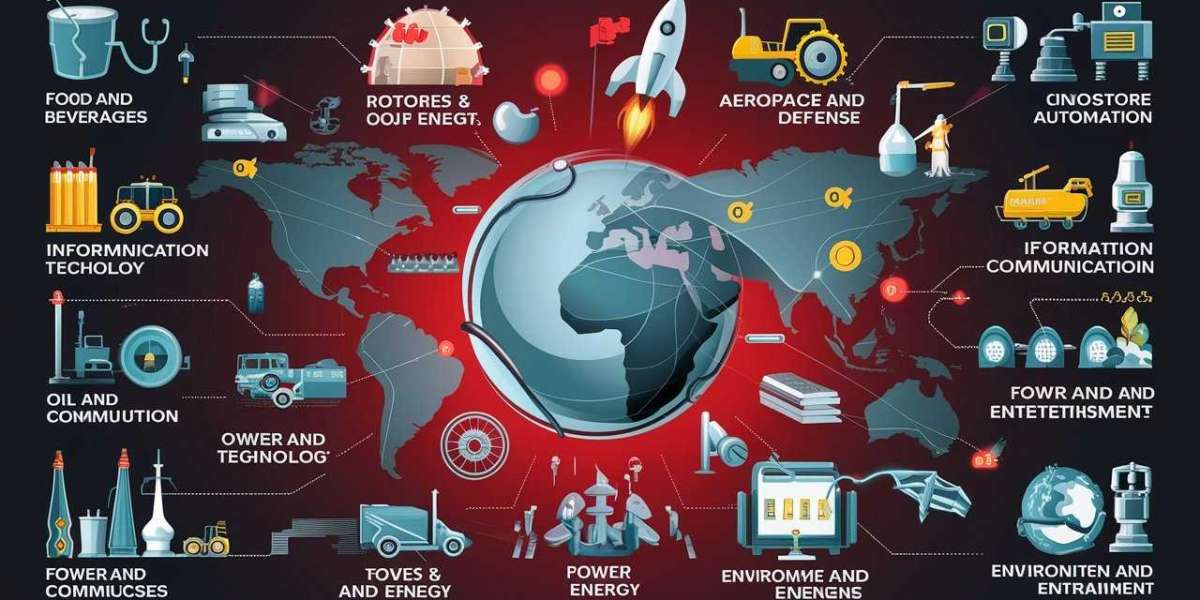Energy Measurement ICs Market Analysis
In our quest for sustainability and efficiency, the importance of accurate energy measurement and management cannot be overstated. Energy Measurement Integrated Circuits (ICs) play a pivotal role in this landscape, offering precise monitoring and control of energy consumption across various applications. Let's delve into the dynamics, trends, and opportunities within the Japan Energy Measurement ICs market.
Understanding Energy Measurement ICs
Energy Measurement ICs are semiconductor devices designed to measure, monitor, and manage electrical energy usage in diverse systems and applications. These ICs provide essential data for energy billing, optimization of power usage, and compliance with regulatory standards. Key functionalities of Energy Measurement ICs include:
- Voltage and Current Sensing: These ICs accurately measure voltage and current flowing through electrical circuits, enabling the calculation of power consumption.
- Power Calculations: By combining voltage and current measurements, Energy Measurement ICs calculate parameters such as active power, reactive power, apparent power, and power factor.
- Data Logging and Communication: Many Energy Measurement ICs feature built-in data logging capabilities and communication interfaces (such as SPI or I2C) for transmitting energy usage data to microcontrollers or data acquisition systems.
- Accuracy and Calibration: High-precision measurement capabilities and calibration features ensure the reliability and accuracy of energy consumption data, crucial for billing, analysis, and optimization purposes.
Market Drivers and Trends
Several factors are driving the growth and evolution of the Energy Measurement ICs market:
- Energy Efficiency Regulations: Stringent energy efficiency regulations and mandates imposed by governments worldwide are compelling industries to adopt energy monitoring solutions. Energy Measurement ICs help businesses comply with these regulations by providing accurate energy usage data.
- Rising Demand for Smart Grids: The transition towards smart grids and smart metering systems, driven by the need for grid modernization and demand-side management, is fueling the demand for Energy Measurement ICs in utility and energy management applications.
- Renewable Energy Integration: The increasing adoption of renewable energy sources, such as solar and wind power, necessitates advanced energy monitoring solutions to manage distributed generation and grid integration. Energy Measurement ICs enable precise measurement and control of renewable energy systems.
- Industrial Automation and IoT: In industrial automation and Internet of Things (IoT) applications, Energy Measurement ICs play a crucial role in monitoring energy consumption, optimizing processes, and enabling predictive maintenance strategies.
- Demand for Energy-Efficient Appliances: Consumer demand for energy-efficient appliances and electronics is driving the integration of Energy Measurement ICs into smart home devices, enabling users to monitor and manage their energy usage more effectively.
Market Segmentation and Opportunities
The Energy Measurement ICs market can be segmented based on various parameters, including type, application, end-user, and region. Key segments and opportunities within the market include:
- Type: Segmentation based on IC type, including Single-Phase Energy Measurement ICs and Poly-Phase Energy Measurement ICs, catering to different energy monitoring requirements in residential, commercial, and industrial settings.
- Application: Energy Measurement ICs find applications across a wide range of sectors, including smart meters, smart appliances, building automation, industrial automation, renewable energy systems, and electric vehicle charging infrastructure.
- End-User: Opportunities abound across diverse end-user industries, including utilities, manufacturing, healthcare, transportation, telecommunications, and residential consumers.
- Regional Dynamics: The market landscape varies by region, with emerging economies witnessing rapid urbanization, industrialization, and infrastructure development driving demand for energy monitoring solutions.
Conclusion
As the global focus on energy efficiency, sustainability, and digitalization intensifies, Energy Measurement ICs are poised to play an increasingly critical role in shaping the future of energy management. From enabling smart grid solutions to empowering consumers with real-time energy usage insights, these semiconductor devices offer a pathway towards a more efficient and sustainable energy ecosystem. As market players innovate and collaborate to meet evolving industry needs, the Energy Measurement ICs market is set for dynamic growth and transformation in the years to come.
Energy Measurement ICs Market Highlights:
- Energy Measurement ICs Market Size
- Energy Measurement ICs Market Trends
- Energy Measurement ICs Market Analysis
- Energy Measurement ICs Market Share
- US Energy Measurement ICs Market
- Energy Measurement ICs Companies



